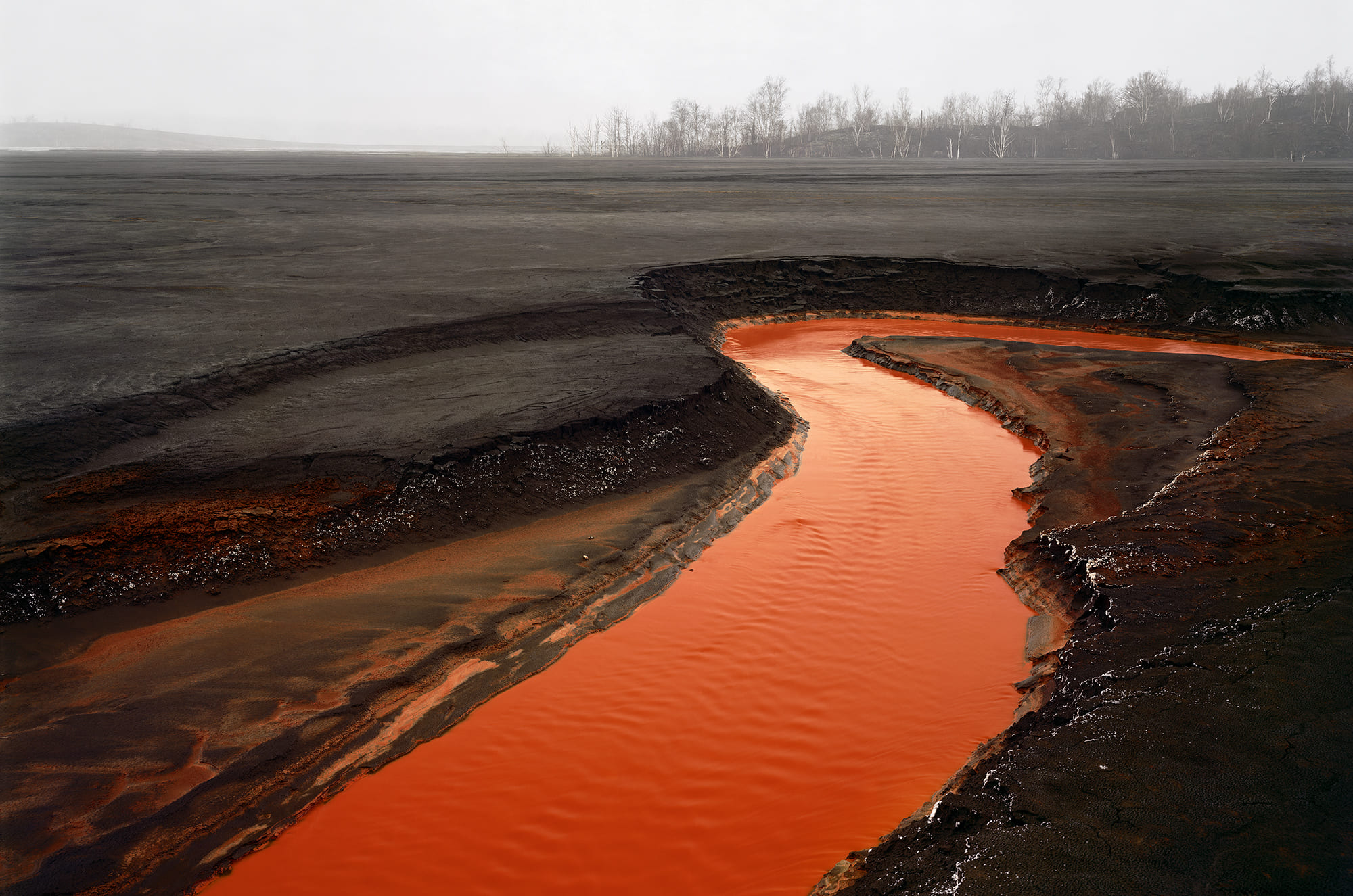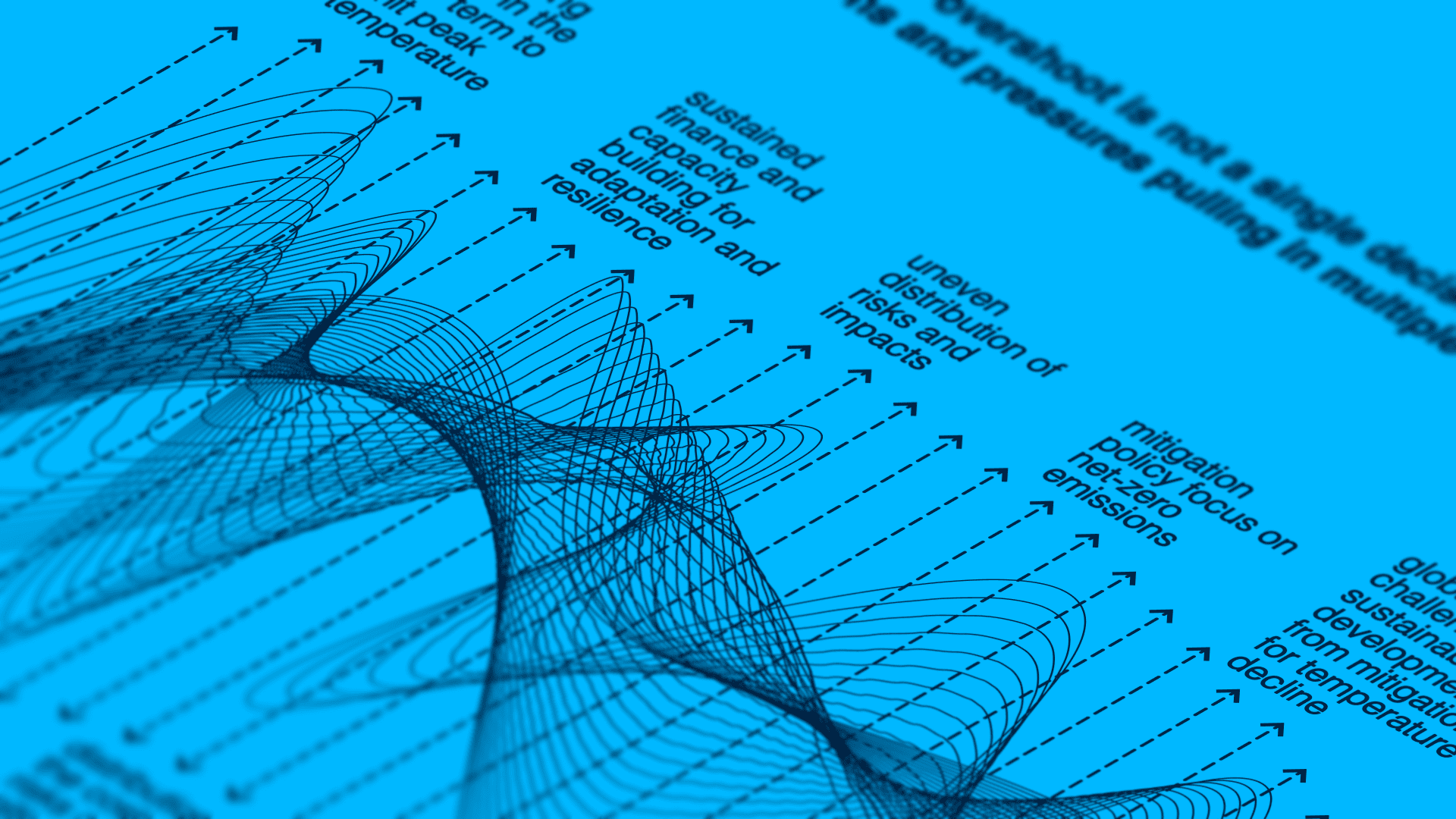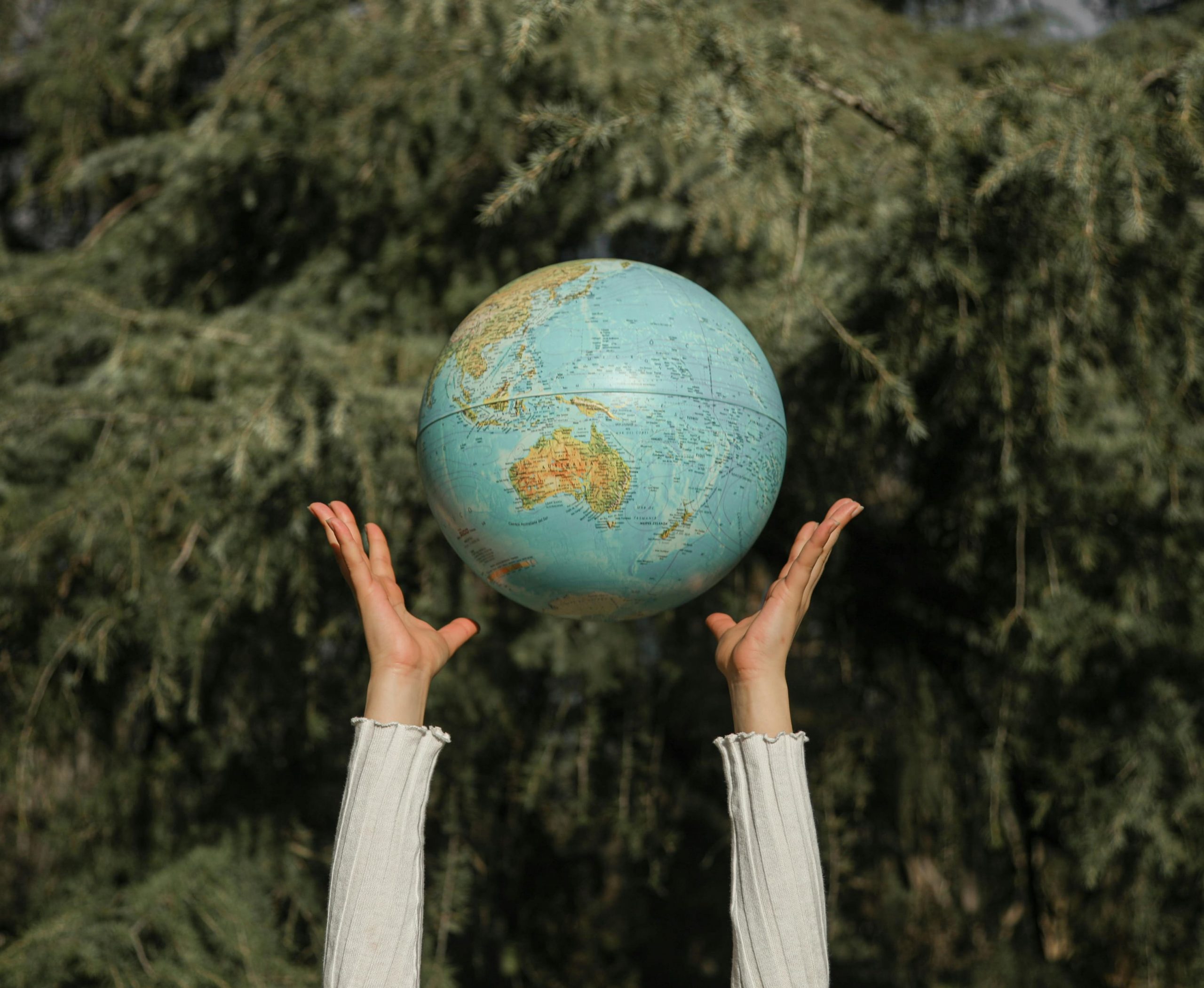Far from being confined solely to political elections, misinformation affects many important topics in public discussions, from wars to vaccines, from migration to COVID. Climate change is not immune to this threat, which can hinder climate action and create distrust in science.
Misinformation on climate change can take the form of different narratives. This is no longer just about climate change denial, or about arguing that global warming is not related to human activities. Climate misinformation can take the form of sensational media reports spreading panic, or of social media threads questioning the usefulness of sustainable solutions, up to conspiracy theories and opposition to activist movements based on false information.
The good news is that there are powerful tools that can contribute to a more informed public opinion, and sciences, once again, come to our aid.
The main challenges for the communication sector and the role of information based on scientific knowledge in supporting the climate transition is at the core of the event “Foresight Dialogues 2023: Our planet, climate and society,” held on November 16 by the CMCC Foundation – Euro-Mediterranean Center on Climate Change – in the context of the Earth Technology Expo at the Fortezza da Basso in Florence.
The event opened with a discussion on the topic of misinformation with Australian expert John Cook, Senior Research Fellow at the Melbourne Centre for Behaviour Change at the University of Melbourne and professor at the Center for Climate Change Communication. Following his studies in cognitive science, Cook founded Skeptical Science, the award-winning climate disinformation website and developed Cranky Uncle, a gaming app that trains critical thinking as an antidote to misinformation – and one of the projects selected for the CMCC Award 2023 dedicated to the best communication initiatives that spread awareness about climate change.
With the moderation of Mauro Buonocore, Head of Communication and Media Office at CMCC, Cook engaged in dialogue with Paula Gori, Secretary General and Coordinator of the European Digital Media Observatory, European University Institute, identifying the main critical issues facing the world of information – from traditional media to social media – when dealing with complex issues such as climate change.
“Misinformation – because it’s not bound by the truth – can be more surprising, more exotic, exciting, shocking or evoking emotional responses. And that causes people to be more likely to share it. So misinformation spreads quicker and spreads further than accurate information does.”
John Cook
The panelists reflected on the content and techniques that the most recent research identifies as valuable in addressing such issues, from the use of new technologies, including tools that employ artificial intelligence to identify fake news, and applications that, based on cognitive science, use playful experiences to make users immune to disinformation.
“If the citizens understand how it works, they can also get protected from disinformation. […] It’s very important to make sure that society can be resilient, that we actually create an atmosphere where disinformation is not creating harm anymore, because if you want, we are vaccinated against that.”
Paula Gori
The event, which showcased a set of initiatives to reinvent the way scientific knowledge can transform our future through communication, brought the second edition of the CMCC Climate Change Communication Award “Rebecca Ballestra” to a close with the winner’s announcement. International experts on media and disinformation, architects, scientists, disseminators, artists, and journalists brought together the voices and experiences of those who are leading the climate transition.
For more information:
- “Foresight Dialogues 2023: Our planet, climate and society” – full recording
- Foresight Dialogues “Climate change and disinformation: state of the art and how to tackle it”
- “So we become immune to fake news about climate change: John Cook of Skeptical Science meets Italian experts from CMCC and WWF”
- Telling stories of climate resilience: interview to Milan George Jacob






